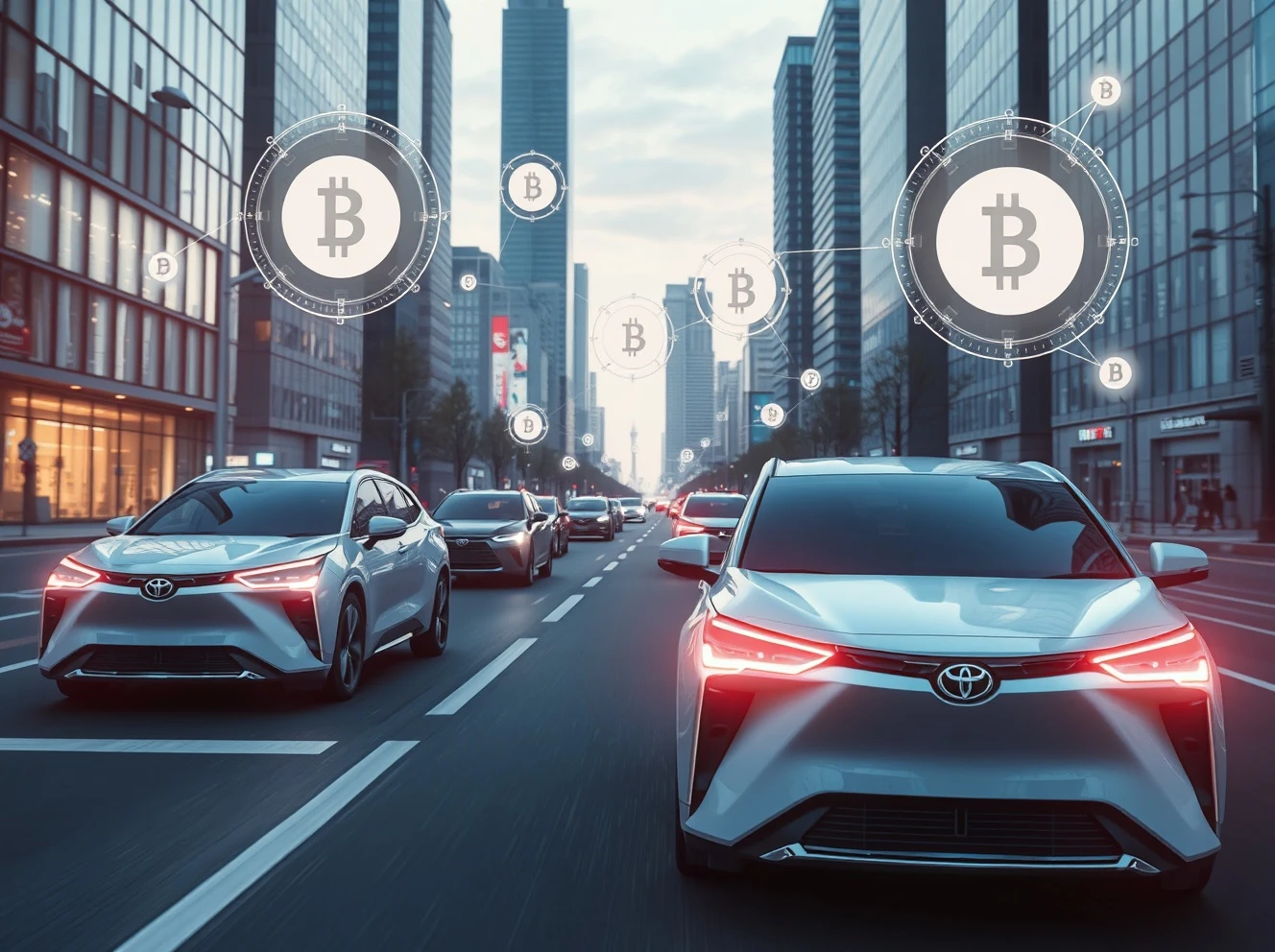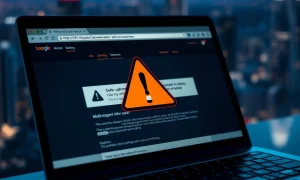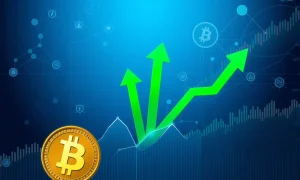Imagine a future where your daily commute operates on a seamless, automated system where payments, routes, and vehicle management happen instantly through blockchain technology. This vision moves closer to reality as automotive giant Toyota partners with Avalanche to pioneer tokenized mobility solutions that could redefine urban transportation.
What Is Tokenized Mobility?
Tokenized mobility represents a groundbreaking approach to transportation management. Essentially, it involves converting physical mobility services into digital tokens on a blockchain network. These tokens enable:
- Dynamic payment systems for ride-sharing services
- Real-time asset management for autonomous fleets
- Automated contract execution through smart contracts
- Decentralized decision-making for vehicle operations
The Mobility Orchestration Network Initiative
Toyota and Avalanche’s collaboration centers on developing a Mobility Orchestration Network (MON). This blockchain-based system aims to integrate decentralized infrastructure with autonomous vehicle technology. The MON will facilitate onchain robotaxi services and tokenized transportation solutions. Furthermore, it will enable seamless transactions between users and autonomous vehicles.
How Tokenized Mobility Works
The system operates through Avalanche’s high-throughput blockchain network. Smart contracts automatically manage vehicle routing, payments, and service allocation. Users interact with the system using digital tokens instead of traditional payment methods. This approach reduces operational costs and eliminates intermediaries. Consequently, it creates more efficient urban transportation ecosystems.
Benefits of Blockchain in Transportation
Blockchain technology offers numerous advantages for modern mobility systems. It provides transparent and immutable transaction records. The technology enables real-time data sharing between vehicles and infrastructure. Additionally, it supports dynamic pricing models based on actual demand. These features collectively enhance the overall efficiency of urban transportation networks.
Toyota’s Blockchain Exploration
Toyota has actively explored blockchain applications beyond this current initiative. The company previously tested blockchain for vehicle data sharing and supply chain management. Their partnership with Avalanche represents a natural extension into autonomous mobility solutions. This move demonstrates Toyota’s commitment to technological innovation in transportation.
Avalanche’s Strategic Role
Avalanche brings crucial technological capabilities to this partnership. Its modular architecture supports complex smart contract operations. The network’s high transaction throughput ensures smooth operation during peak demand periods. These features make Avalanche ideally suited for enterprise-grade mobility applications requiring real-time processing.
Potential Impact on Urban Transportation
The successful implementation of tokenized mobility could transform urban transportation fundamentally. It may introduce new business models like pay-per-use services and decentralized ownership structures. The technology could optimize route planning through real-time data analysis. Ultimately, it might reduce congestion and improve overall transportation efficiency in cities worldwide.
Current Status and Future Outlook
The MON initiative remains in its exploratory phase as of September 2025. However, industry analysts recognize its potential significance for future mobility systems. Technical challenges around scalability and regulatory compliance still need addressing. Despite these hurdles, the project demonstrates growing interest in blockchain applications beyond financial services.
Frequently Asked Questions
What is tokenized mobility?
Tokenized mobility refers to representing transportation services as digital tokens on a blockchain, enabling automated payments, smart contract execution, and decentralized management of mobility services.
How will Toyota use Avalanche’s technology?
Toyota will leverage Avalanche’s high-throughput blockchain to create a Mobility Orchestration Network that manages autonomous vehicles, processes transactions, and executes smart contracts for transportation services.
What are the benefits of tokenized transportation?
Benefits include reduced operational costs, eliminated intermediaries, dynamic pricing, improved transparency, automated payments, and more efficient urban transportation systems.
When will this technology be available to consumers?
The technology is currently in exploratory phases, with no specific timeline for public deployment. Regulatory approval and technical scalability must be addressed before widespread implementation.
How does blockchain improve autonomous vehicle operations?
Blockchain enables secure data sharing, automated contract execution, transparent transaction records, and decentralized decision-making, all crucial for efficient autonomous vehicle management.
What challenges does tokenized mobility face?
Key challenges include regulatory compliance, technical scalability, cybersecurity concerns, public adoption barriers, and integration with existing transportation infrastructure.







